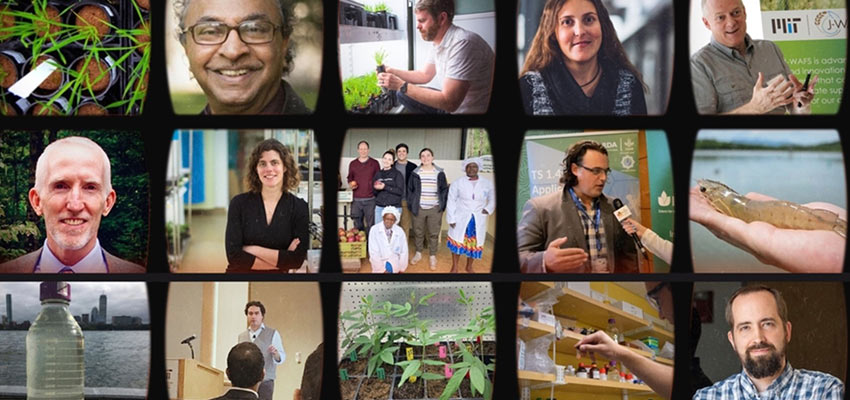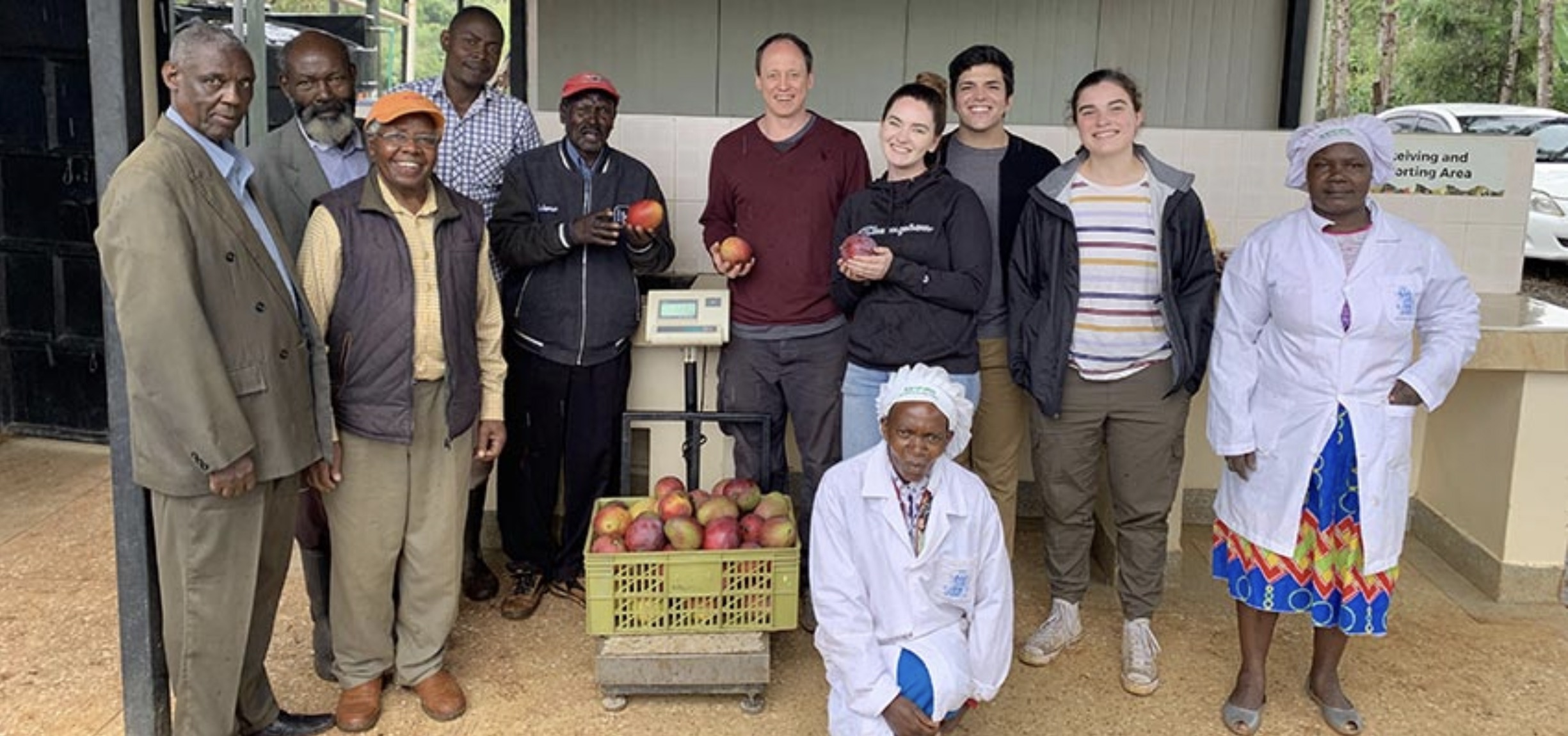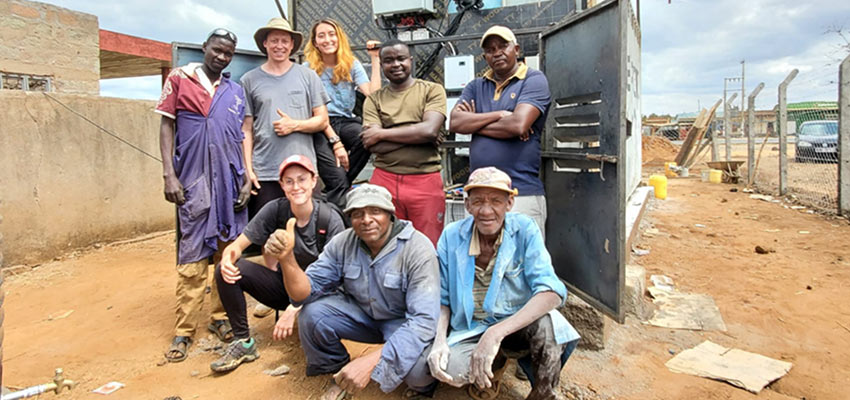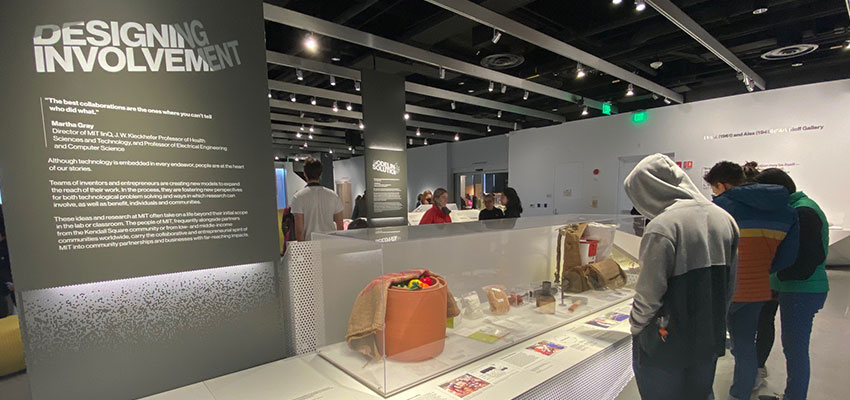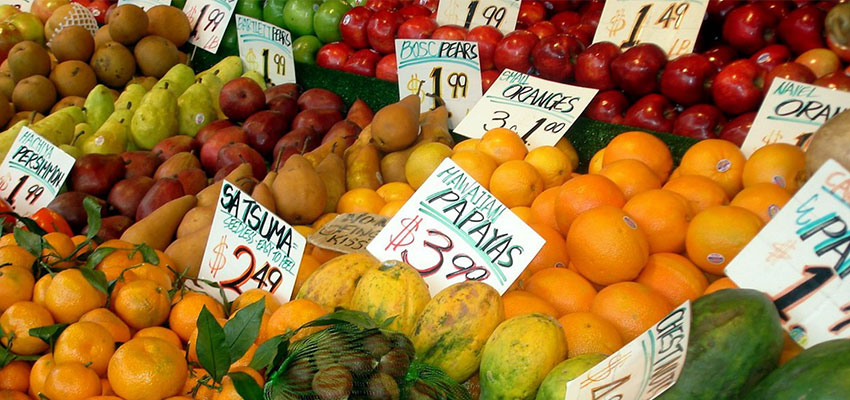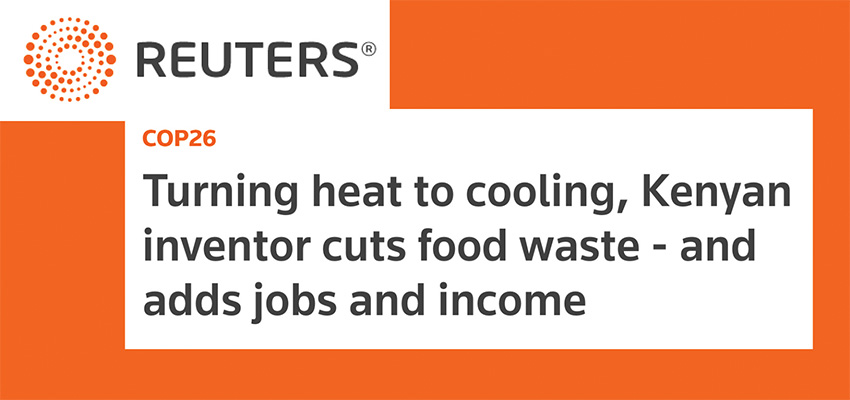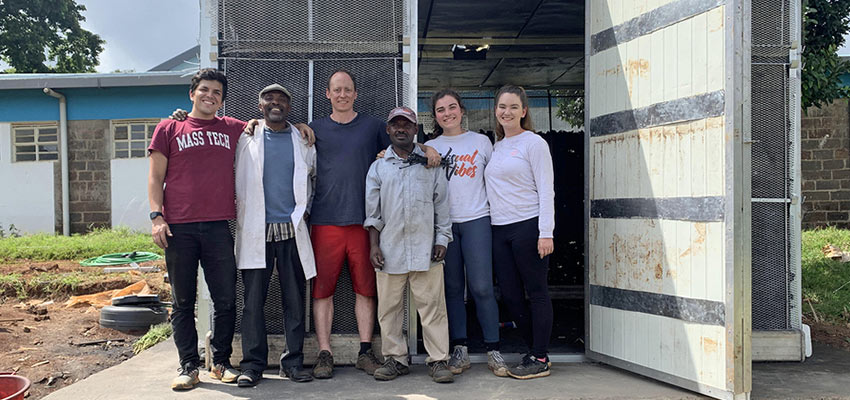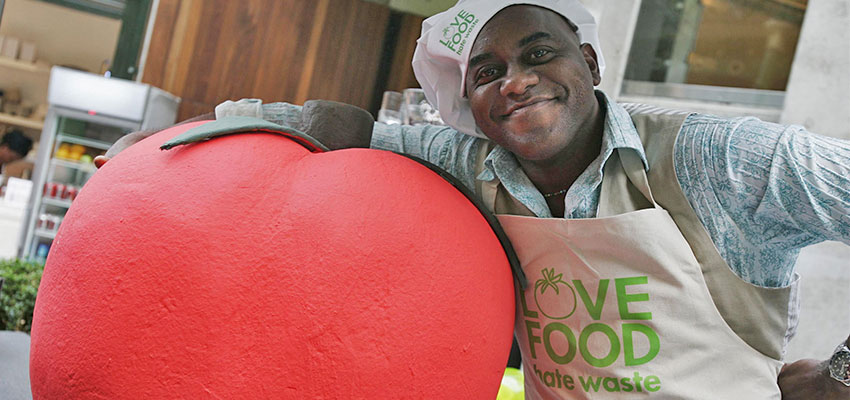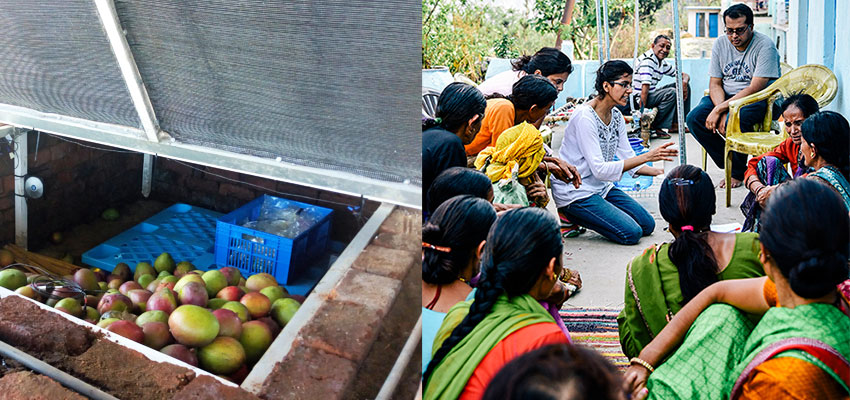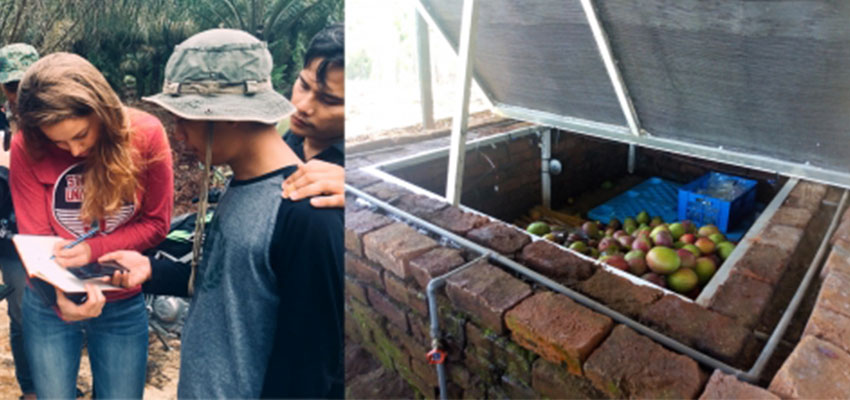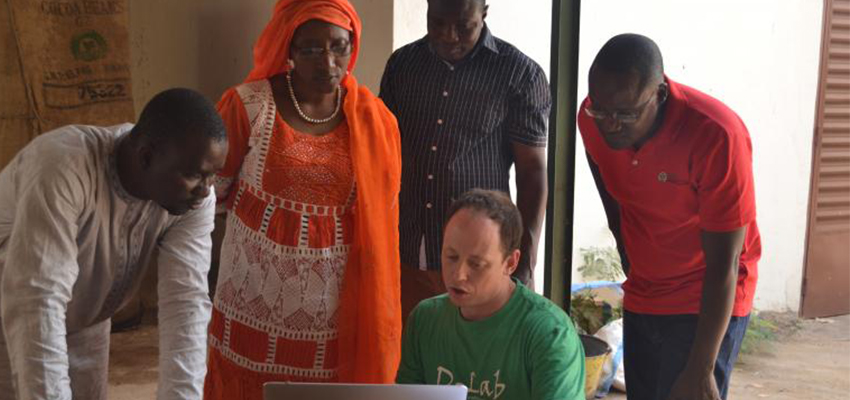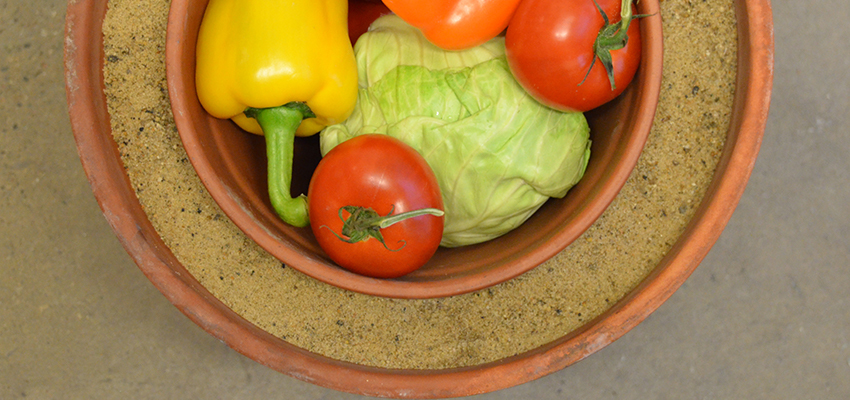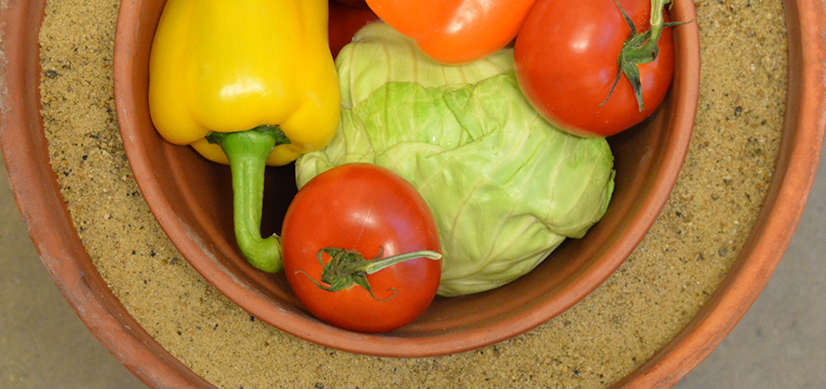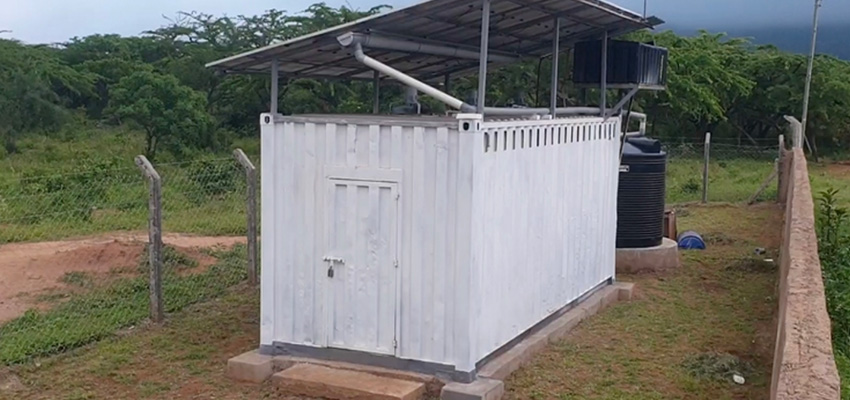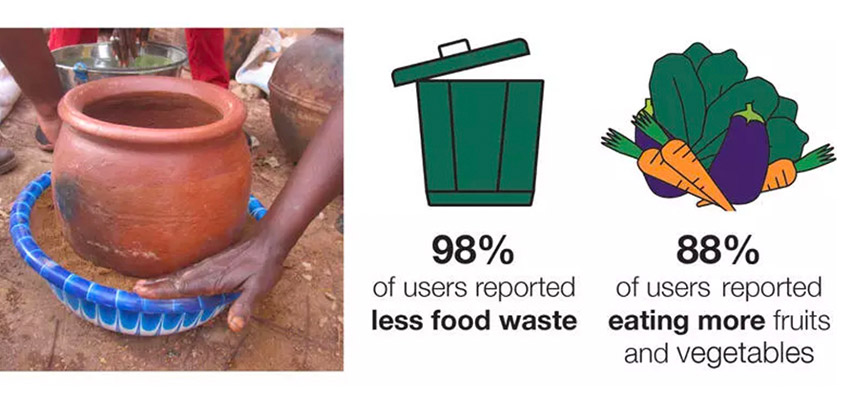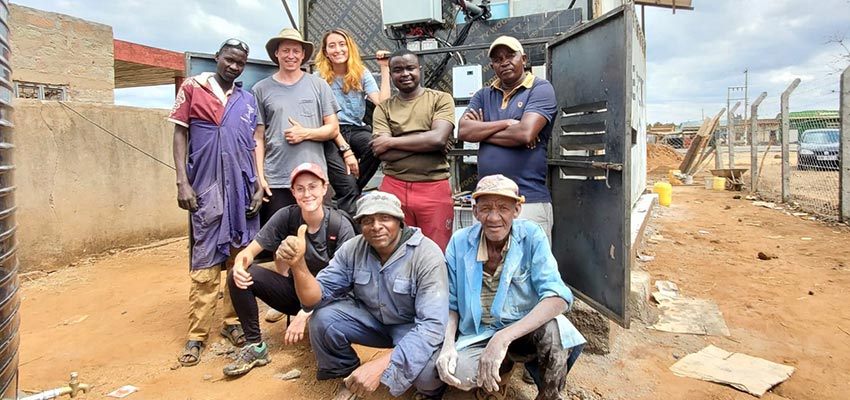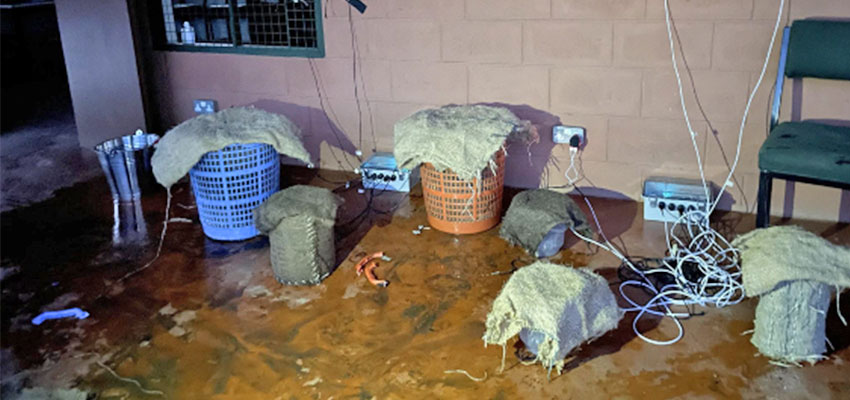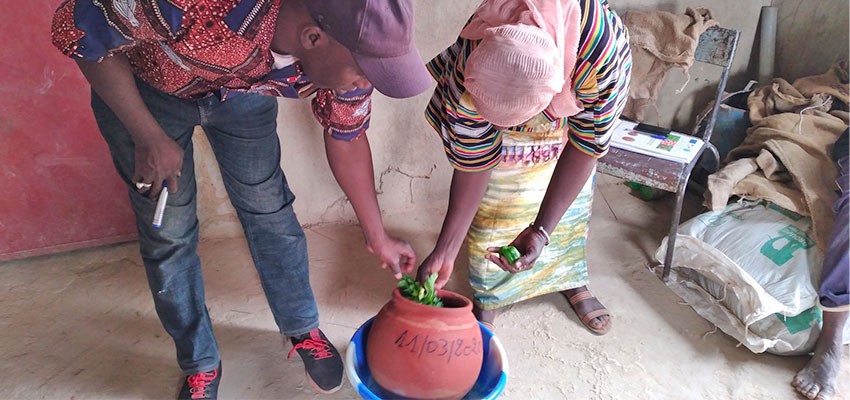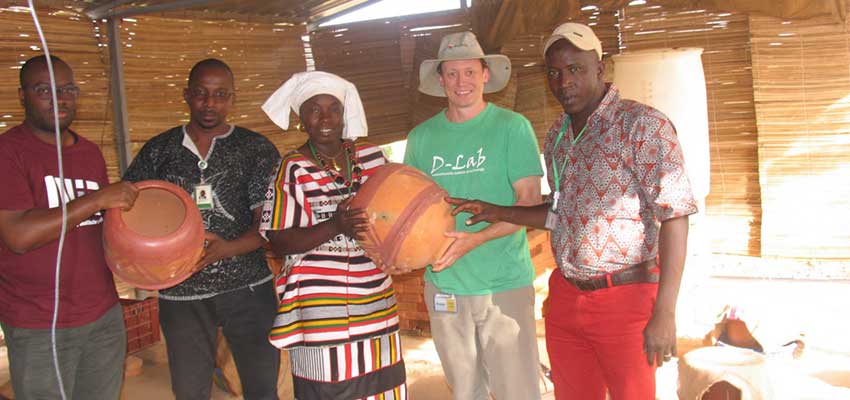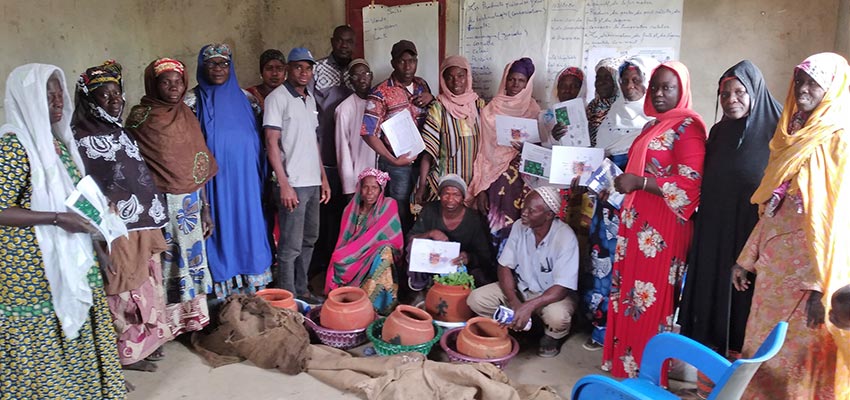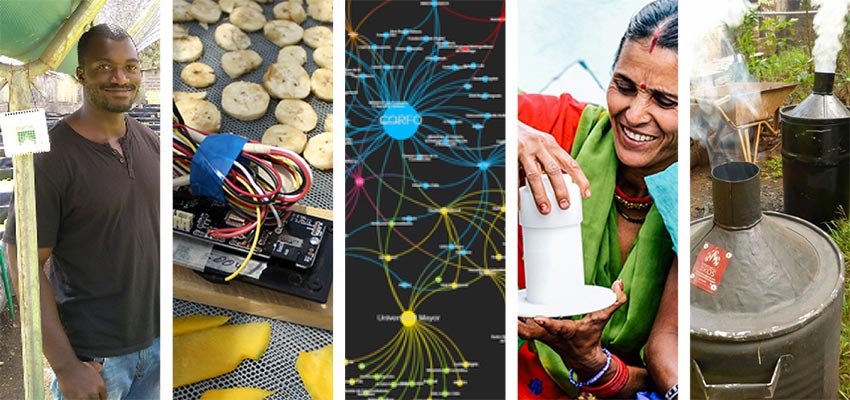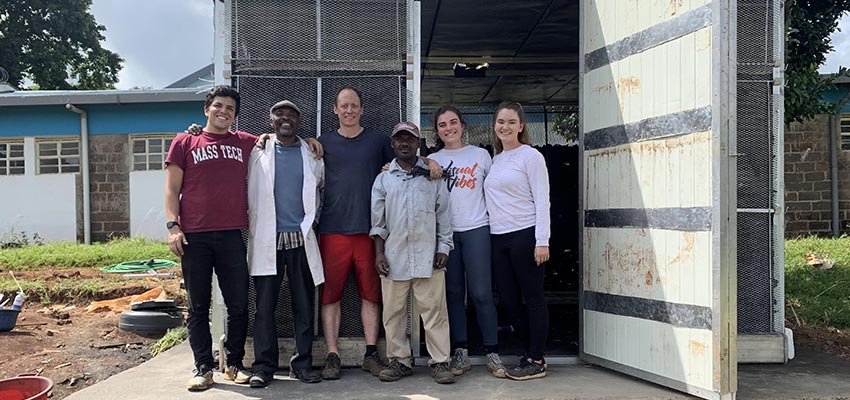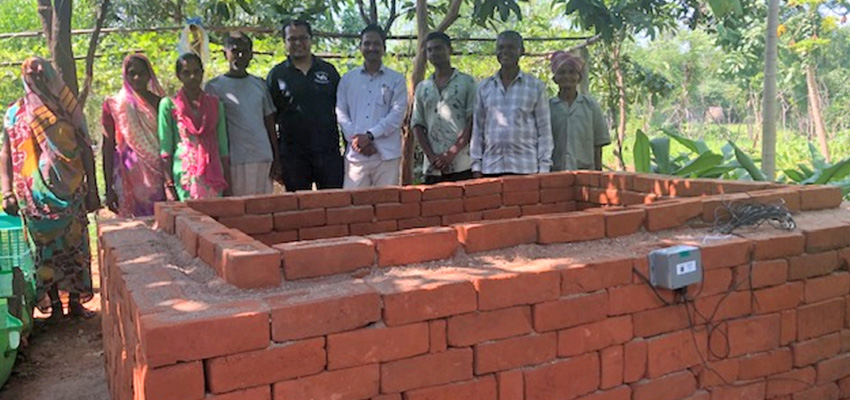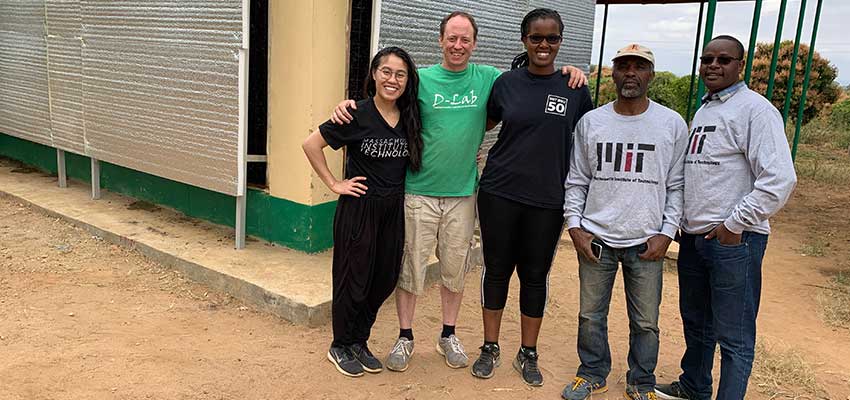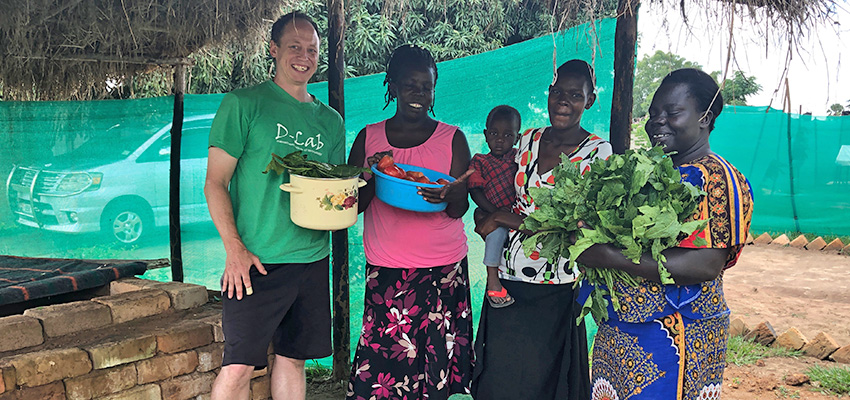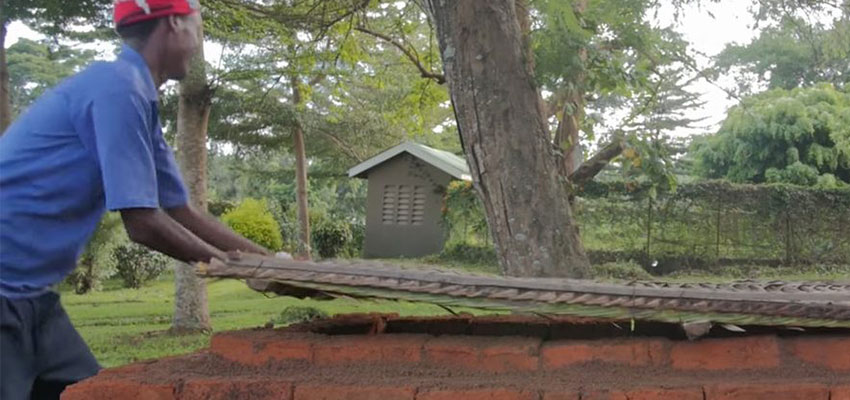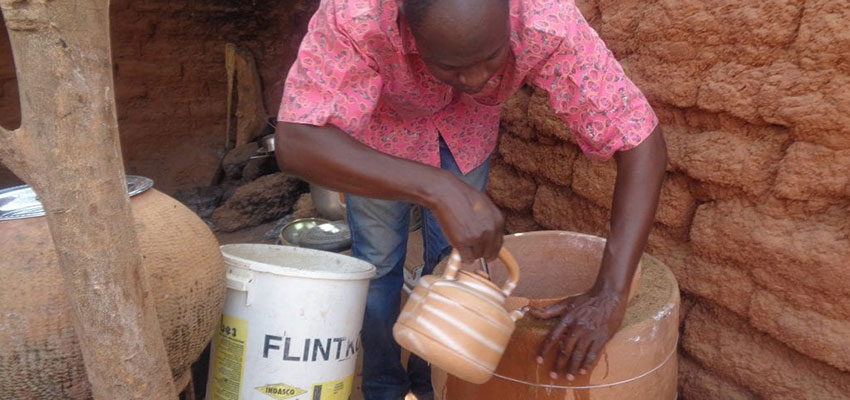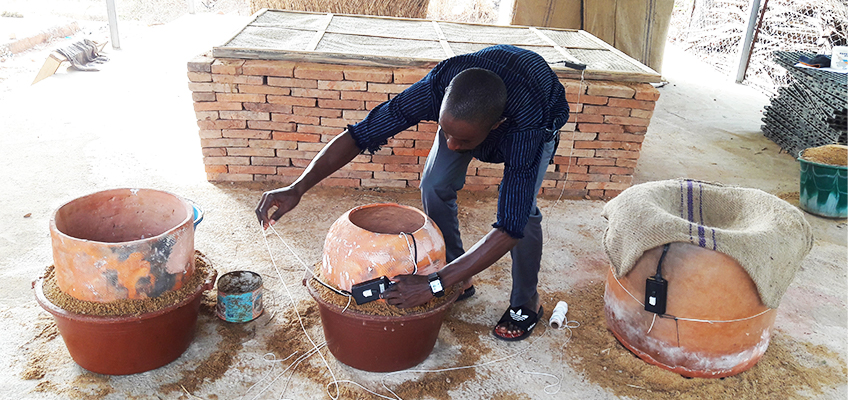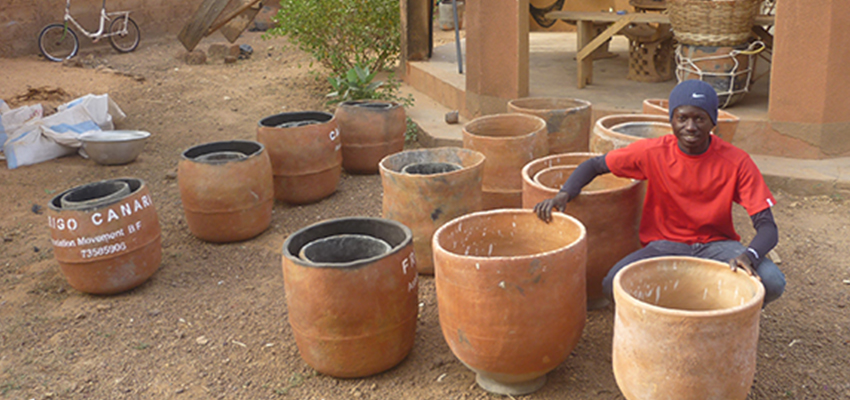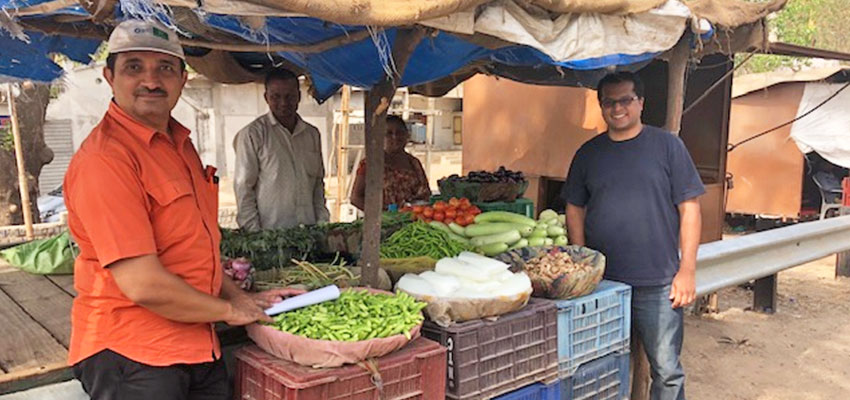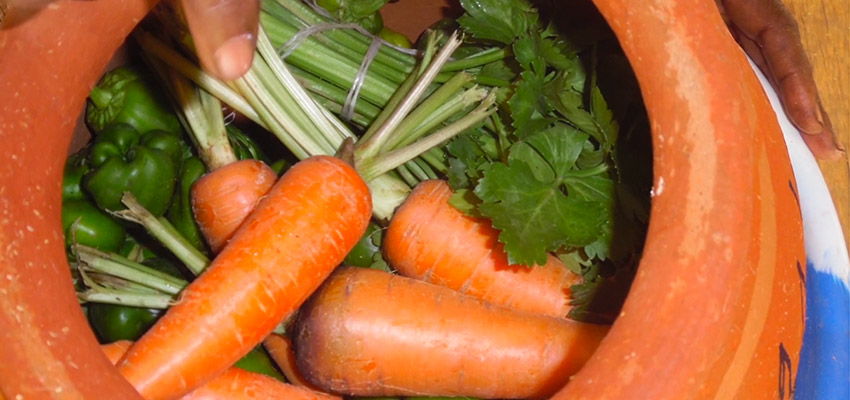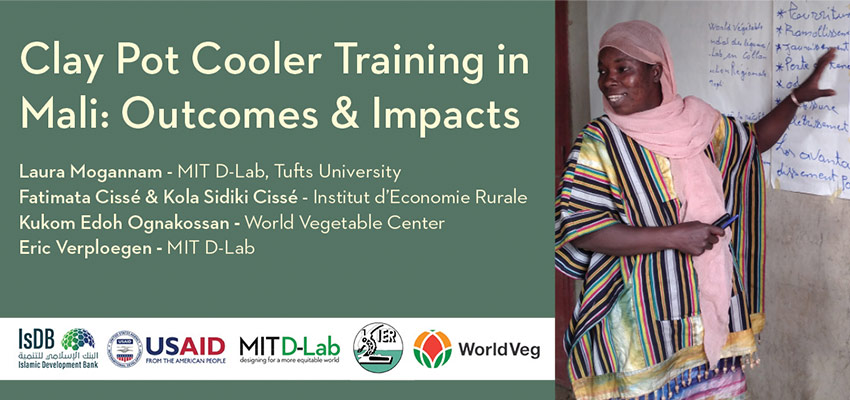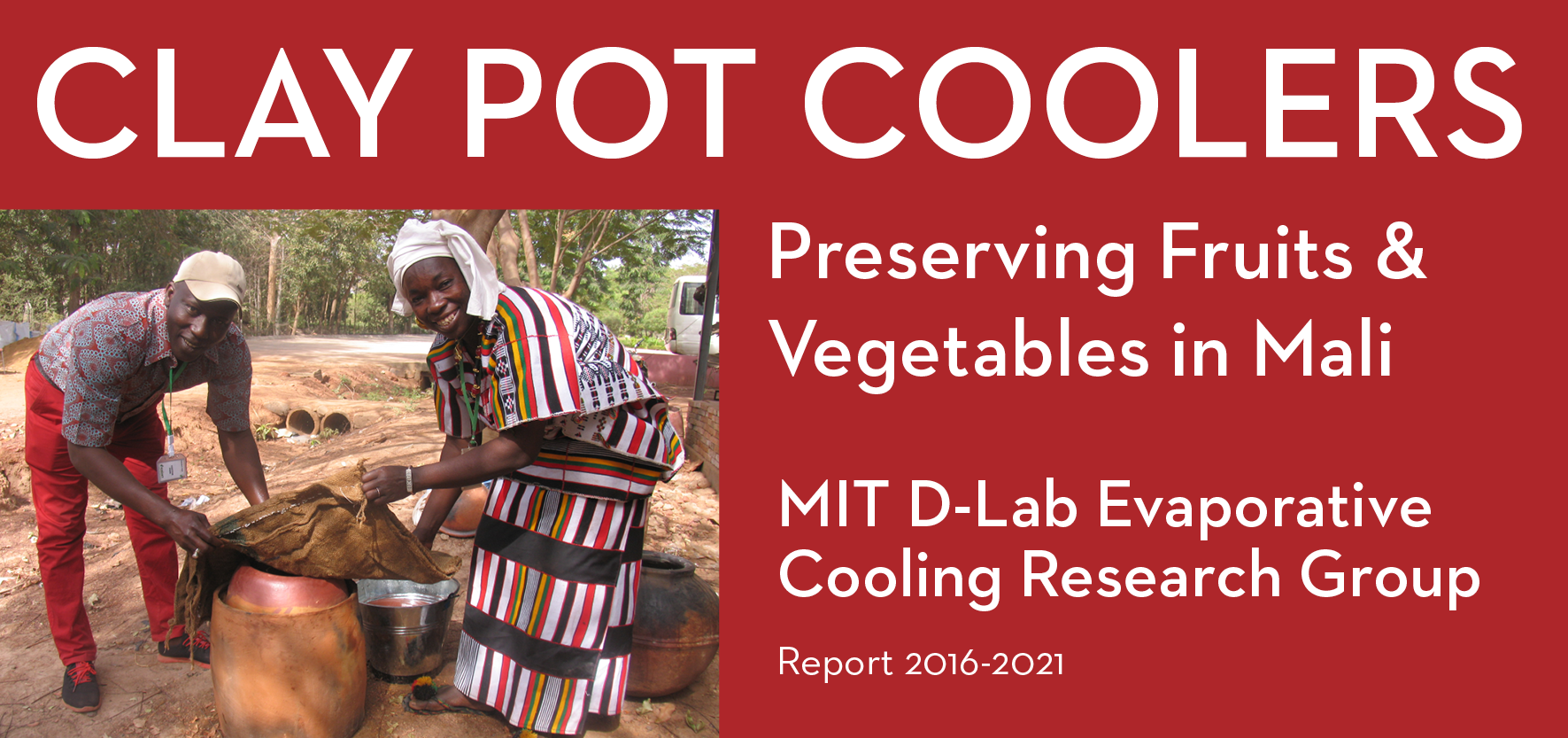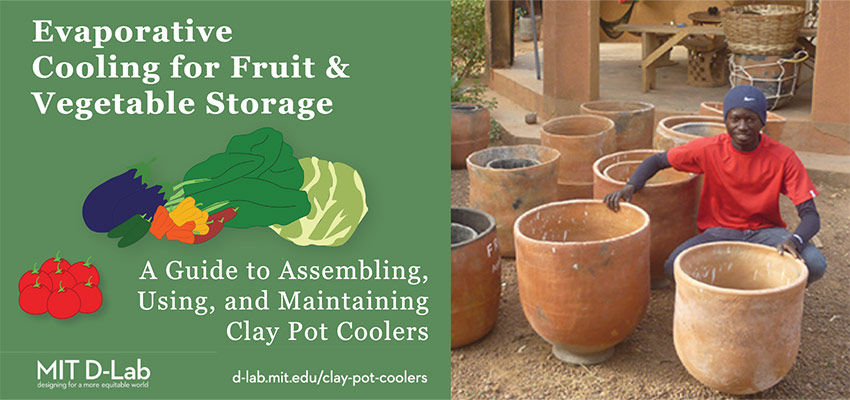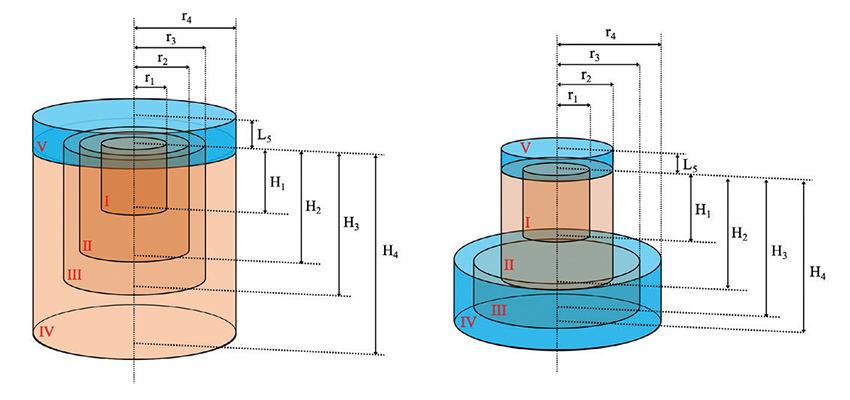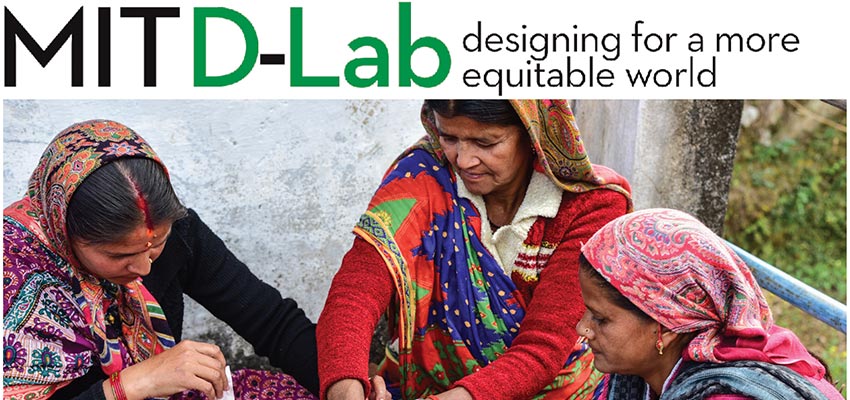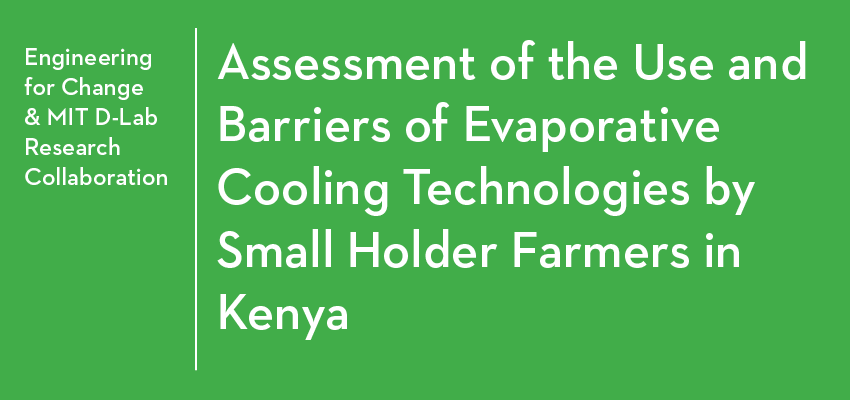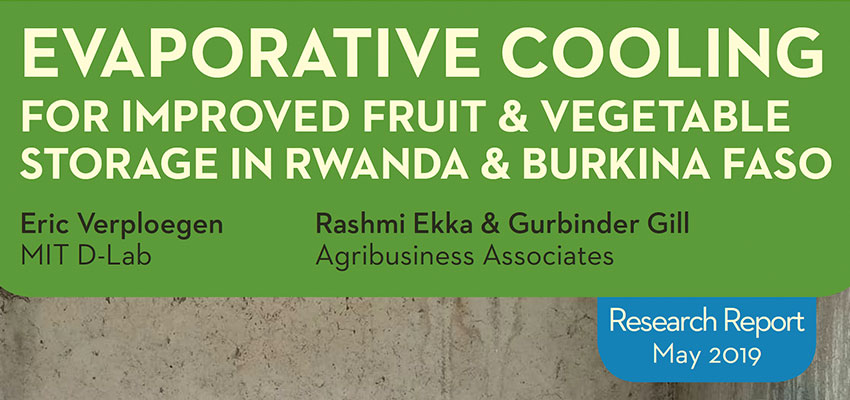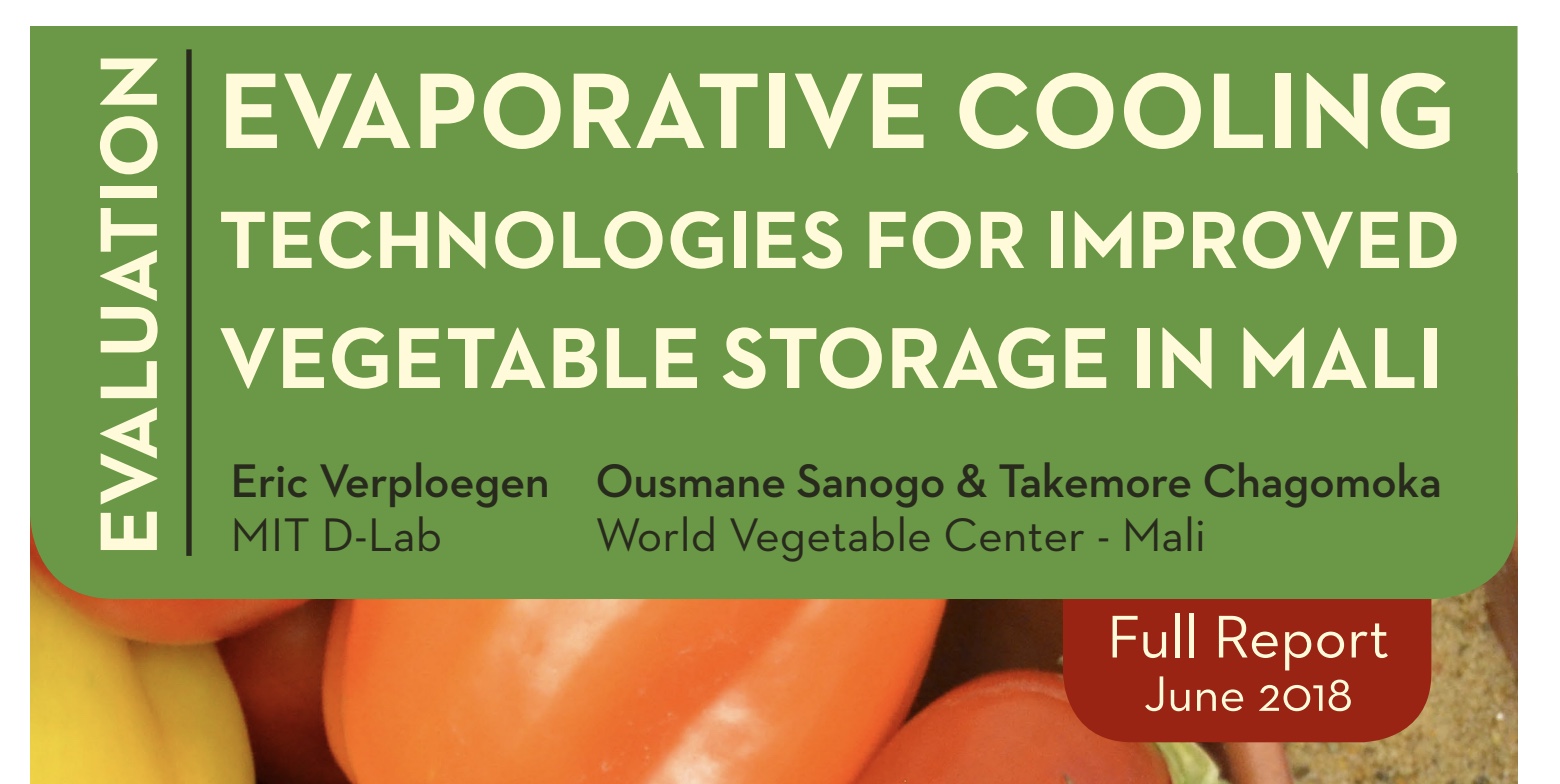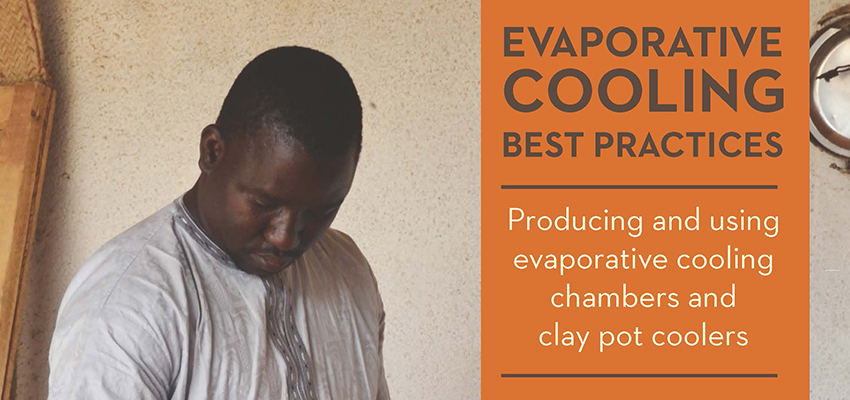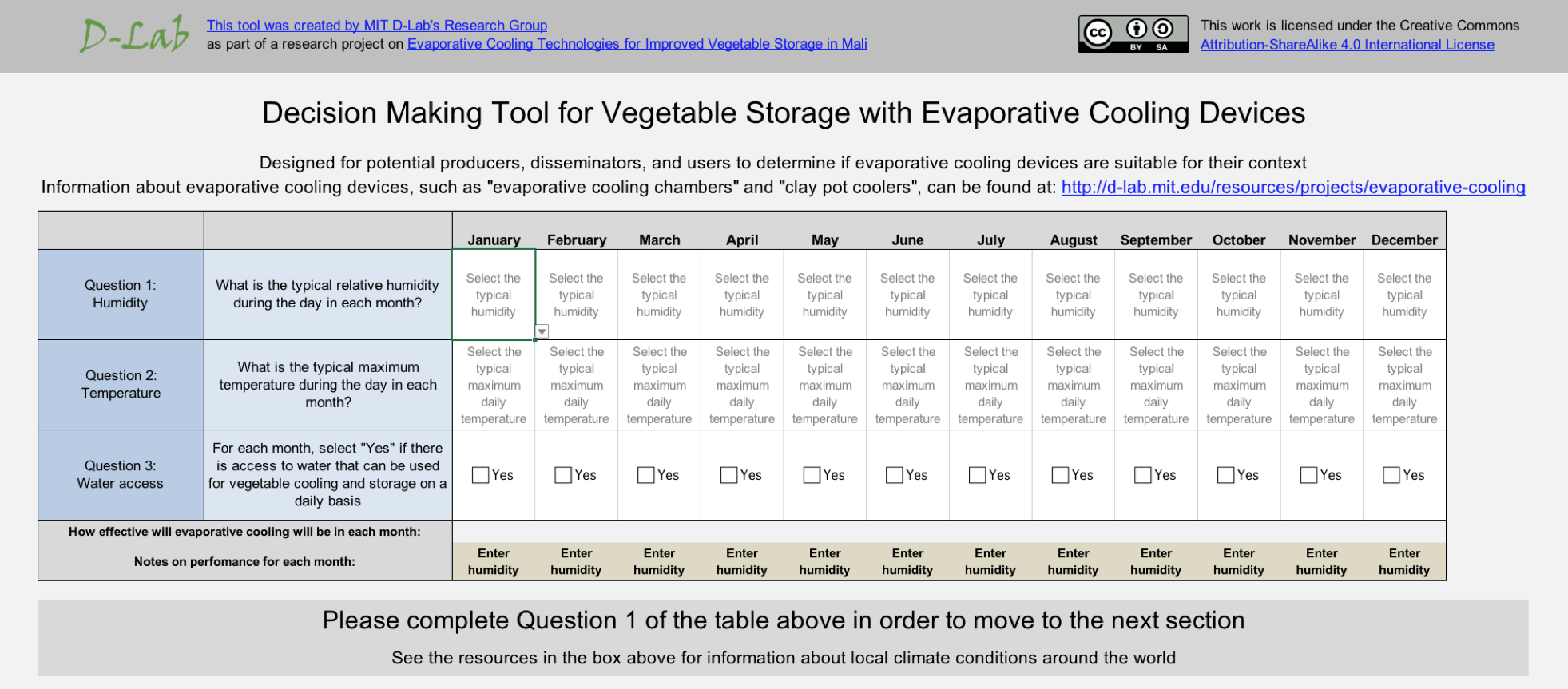Clay pot coolers are simple and inexpensive technologies that can be made with locally available materials.
By providing a cool humid environment, clay pot coolers can improve the shelf life of many common fruits and vegetables in dry regions. D-Lab is working to identify and disseminate the most effective and practical clay pot cooler designs.
Design research
MIT D-Lab has worked with the World Vegetable Center and Institut d'Economie Rurale (IER) to evaluate the performance of clay pot coolers and other similarly-sized storage devices in a laboratory setting. The current effort are building on design and user research work conducted in 2017 and the development of a heat and mass transfer model for clay pot coolers that the team developed.
The temperature and humidity inside the storage devices are evaluated with data-logging sensors designed in partnership with Sensen, and the shelf-life of vegetables in each device is measured and compared with storage in ambient conditions. The vegetables included in this study are spinach, cowpea leaves, amaranth, tomatoes, eggplant, and the shelf-life is measured through a combination of quantitative and qualitative techniques including weight loss, colorimetry, firmness, vitamin C content, acidity, wilting index, and visual evaluation. This research has shown that clay pot coolers can extend the shelf life of leafy greens from 1-2 days to over 4 days the stored in a clay pot cooler.
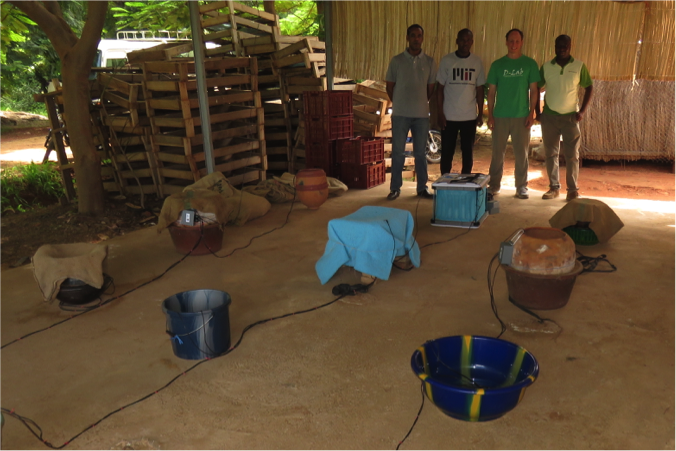
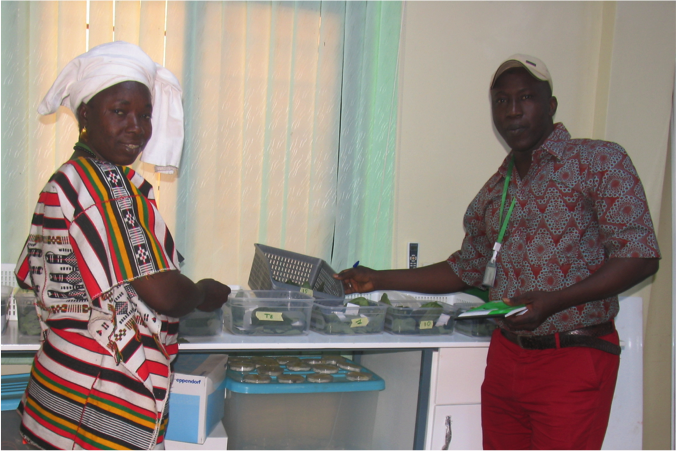
Dissemination of clay pot coolers in Mopti, Mali
To raise awareness and build local capacity to construct and sell clay pot coolers, MIT D-Lab, the World Vegetable Center, and Institut d'Economie Rurale (IER) developed a training curriculum covering:
- Importance of proper vegetable storage
- Principles of evaporative cooling
- Best practices for constructing and using clay pot coolers
- User identification and marketing
This curriculum includes “A Guide to Assembling, Using, and Maintaining Clay Pot Coolers”, which is available in French and English.
The approach in Mali has been to start by sharing this information with agricultural extension agents and clay pot producers through in-depth training-of-trainers (ToT) sessions. The ToT participants will go on to conduct more focused trainings with larger groups of fruit and vegetable sellers, pot makers, farmers, and other community members. During the pilot round of trainings in 2020, 39 people were trained from the Mopti area in northern Mali. The program was improved after this pilot round, and at the end of February 2021, WVC and IER conducted a ToT with 11 agricultural extension officers and clay pot makers, who trained hundreds of people and distributed this guide throughout the Mopti region.
The report Clay Pot Cooler Training in Mali - Impact Study provides and analysis of interviews with training participants. Key results include:
- 73% of training participants constructed or purchased clay pot coolers for personal use.
- Among these clay pot cooler users
- 98% reported less food waste
- 95% reported spending less time traveling to buy fruits and vegetables,
- 88% reported eating more fruits and vegetables since using clay pot coolers.
- The training of 54 clay pot sellers resulted in the sale of nearly 2,000 clay pot coolers
- The training participants reported sharing information about clay pot coolers with 4,300 people
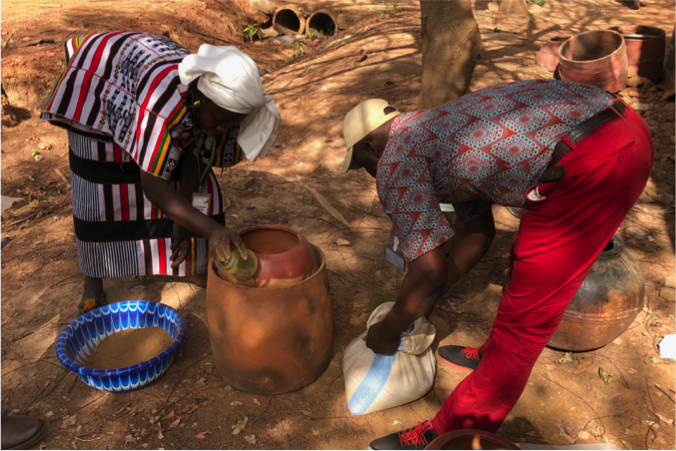
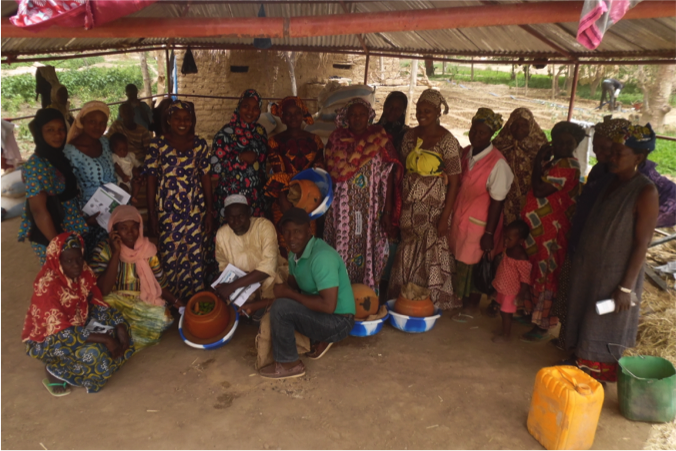
D-Lab's clay pot cooler work in Mali is funded by the Innovation, Technology, & Research Hub at USAID and the Islamic Development Bank
Resources and Reports
Clay Pot Cooler Training in Mali - Impact Study
Provides an analysis of data from 264 interviews conducted with clay pot cooler training participants in Mali. The report discusses the storage challenges facing the training participants, the adoption of clay pot coolers after attending a training, the benefits realized by clay pot cooler users, pathways for sharing information beyond the training, and feedback the participants provided on the training program.
Clay Pot Coolers: Preserving Fruits and Vegetables in Mali: Report 2016-2021
Summarizes the activities of the clay pot cooler project in Mali between 2016 and 2021. This ongoing project, in collaboration with the World Vegetable Center and Institut d’Economie Rurale (IER), has consisted of multiple phases, each focusing on a different technical and social aspect of this technology.
A Guide to Assembling, Using, and Maintaining Clay Pot Coolers
An illustrated guide covering the fundamentals of how evaporative cooling works, the importance of proper fruit and vegetable storage, and best practices for assembling and using clay pot coolers. The guide is available in French and English and can be printed to form a booklet.
More information
MIT D-Lab evaporative cooling Spinout: CoolVeg
MIT D-Lab evaporative cooling publications, etc: See below
Contact
Eric Verploegen, MIT D-Lab Affiliate


